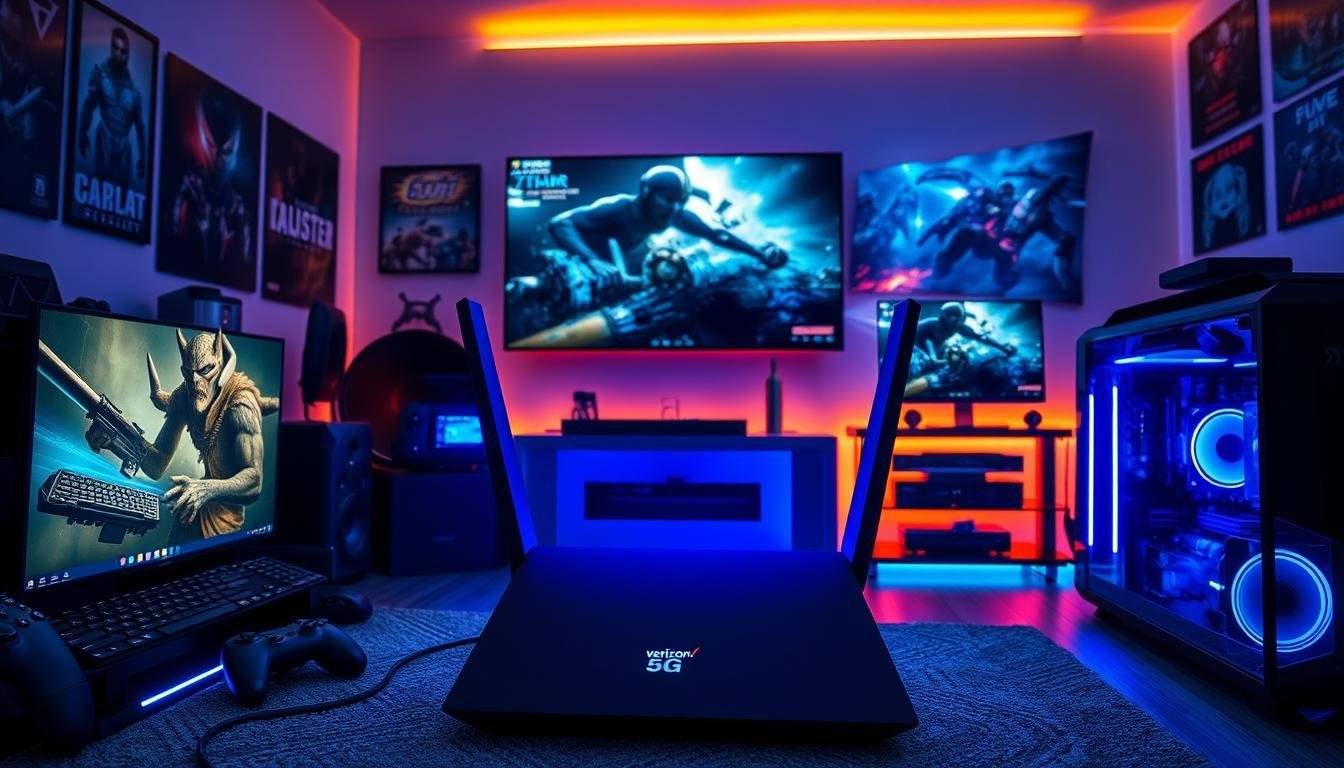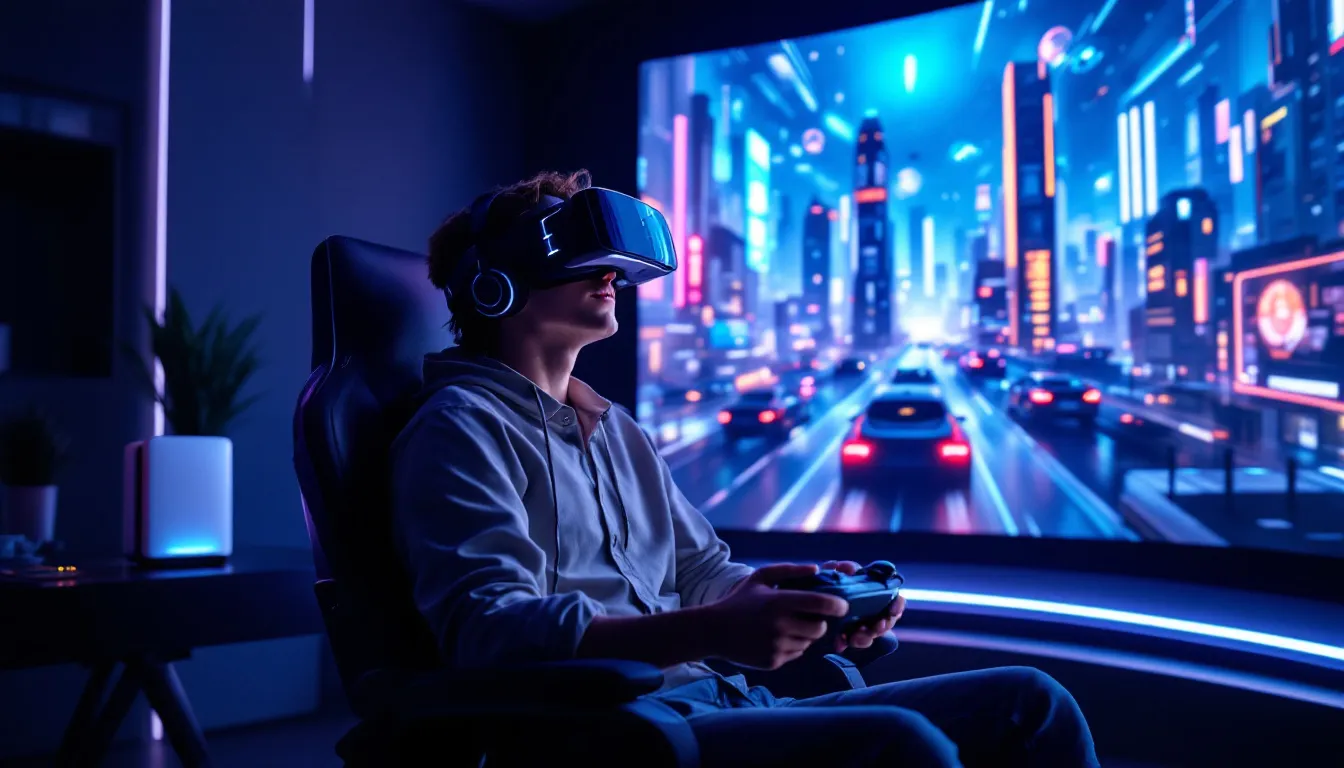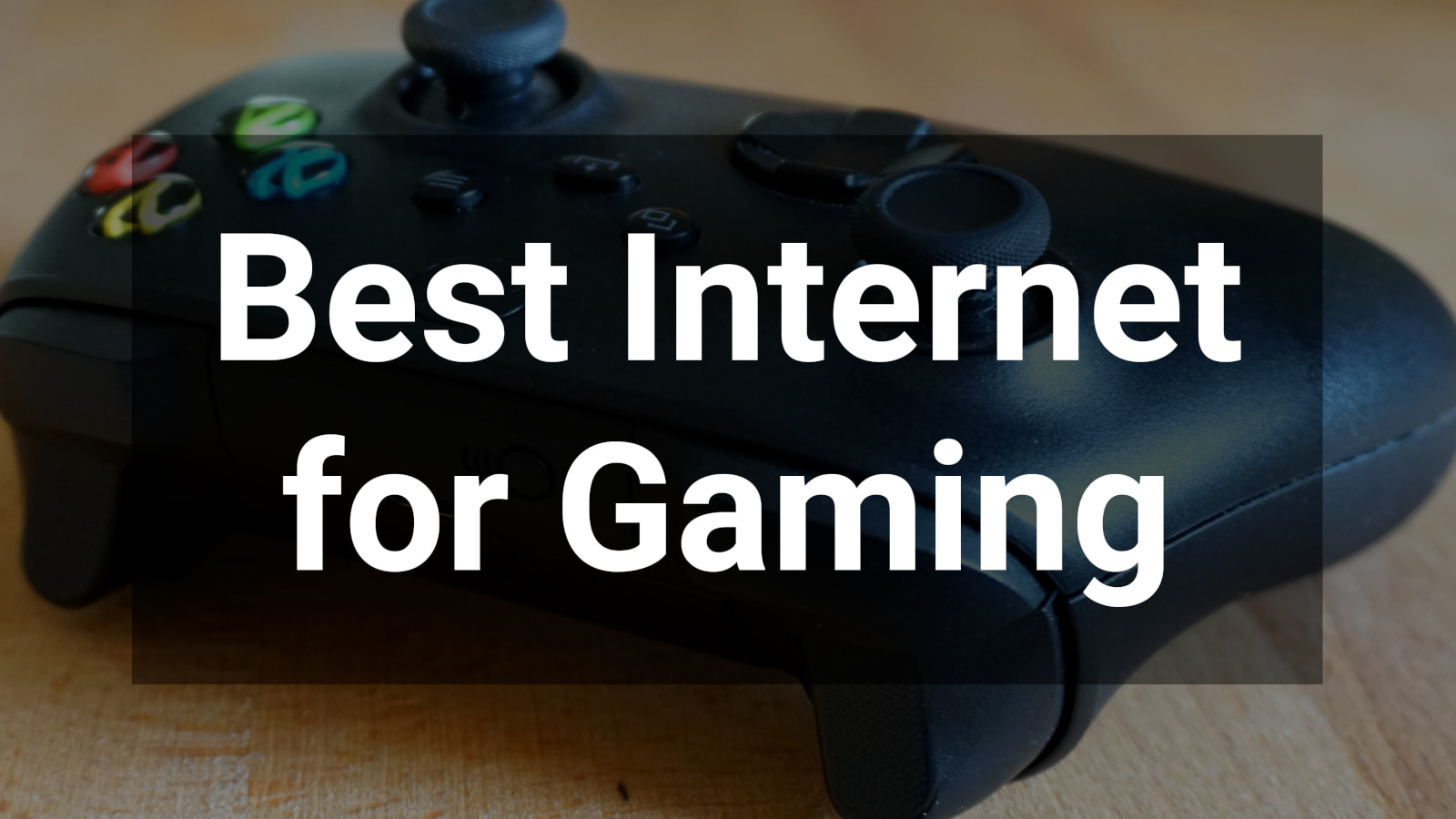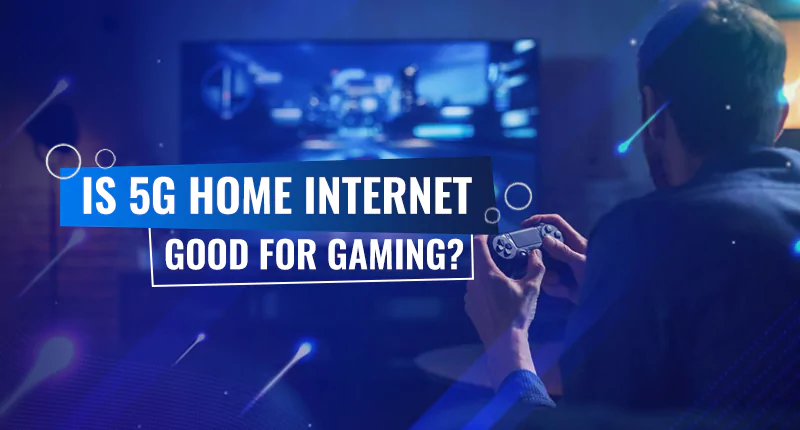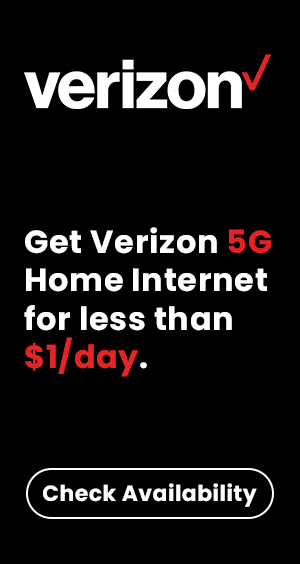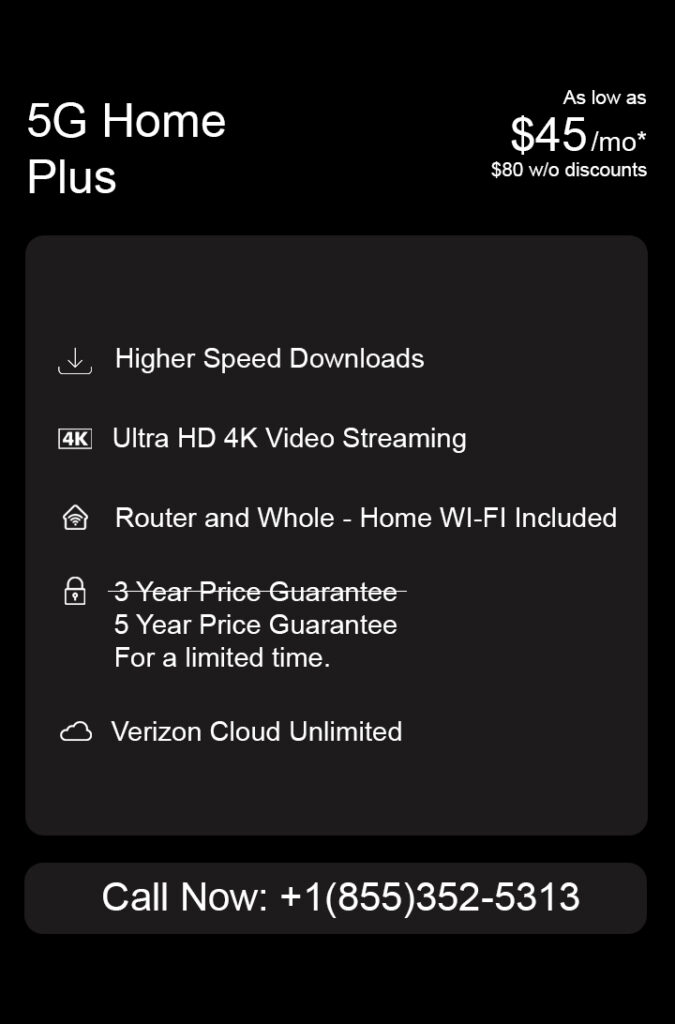Is Verizon 5g Home Internet Good For Gaming

Gamers are demanding faster, more reliable internet, and Verizon 5G Home Internet is aggressively marketing itself as a solution. But does it live up to the hype for serious gaming?
This article cuts through the marketing noise to deliver a straight answer on Verizon 5G Home Internet’s suitability for gamers, based on latency, speed, stability, and real-world user experiences. We'll examine if it's a viable alternative to traditional cable or fiber connections, or just another overhyped promise.
The Need for Speed (and Low Latency)
For gamers, a stable and fast connection is paramount. High latency, often referred to as "lag," makes online games unplayable.
Bandwidth is also crucial, allowing for fast downloads and smooth streaming.
Decoding Verizon 5G Home Internet: Promised Performance
Verizon advertises speeds ranging from 85-300 Mbps for their 5G Home Internet service. In some areas, they boast even faster speeds up to 1 Gbps with 5G Ultra Wideband.
But advertised speeds rarely reflect real-world performance, especially with wireless technology.
The company does claim low latency, which is the true test for gaming.
The Reality Check: User Experiences and Reported Latency
Initial reports from users testing Verizon 5G Home Internet reveal a mixed bag of results.
While some users experienced acceptable latency for casual gaming, others reported inconsistent ping times, fluctuating from 30ms to over 100ms. This is based on forum discussions and online speed tests conducted by early adopters.
PC Gamer published a review where they stated, "While 5G Home can be fast, it can also be inconsistent, especially depending on the weather and how many users are on the network in your area."
Impact of Network Congestion
5G networks are susceptible to congestion, especially during peak hours. When multiple users in your area are streaming videos or downloading large files, gaming performance can suffer significantly.
This is the fundamental difference between a dedicated hard-wired line and a wireless connection.
The Wireless Factor: Interference and Obstructions
Wireless signals can be affected by various factors, including building materials, weather conditions, and even the placement of your router. Thick walls or nearby electronic devices can degrade the signal strength and increase latency.
These interferences are far more common with 5G technology.
Alternatives and Comparisons
Compared to traditional cable or fiber internet, Verizon 5G Home Internet can be a viable option in areas where those services are not available or are excessively expensive. However, cable and fiber generally offer more stable and predictable performance for gaming.
For competitive gaming, a wired ethernet connection is still the gold standard.
The Verdict: Proceed with Caution
Verizon 5G Home Internet *can* work for gaming, but it's not a guaranteed slam dunk. Gamers should carefully consider several factors before making the switch.
Test your connection speed and latency regularly, and be prepared to troubleshoot potential issues. The *best* way to know if it's suitable for your needs is to try it yourself with a risk-free trial period, if one is offered.
Looking Ahead: 5G Evolution and Gaming
5G technology is still evolving. Future improvements in network infrastructure and signal processing could potentially make 5G Home Internet a more reliable and consistent option for gamers. Keep an eye on ongoing developments and user reviews to stay informed.
Verizon is actively working to improve its network infrastructure to combat the inherent issues with wireless tech.


